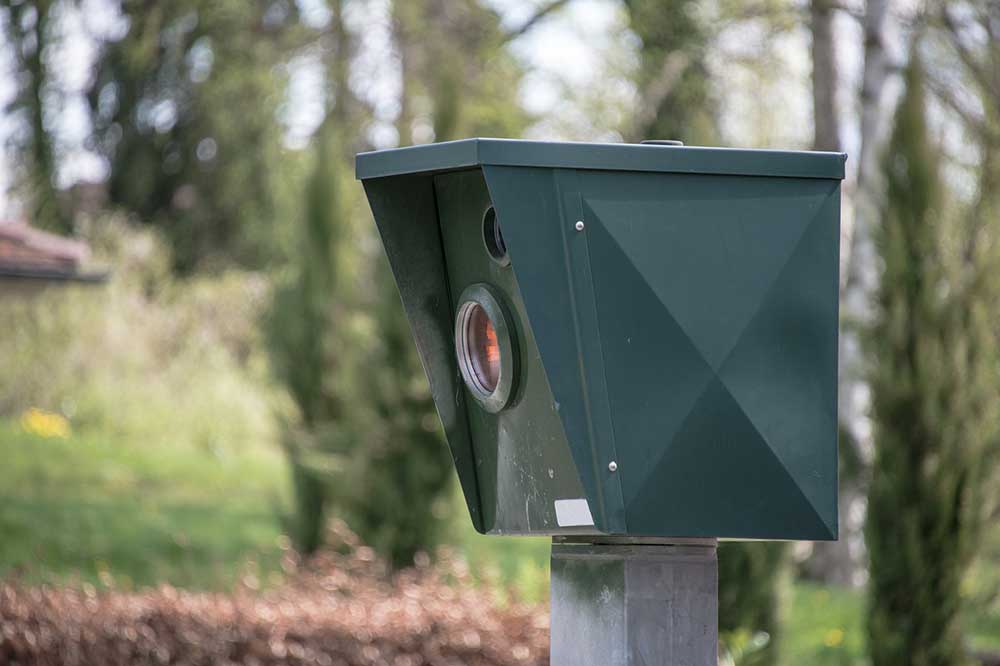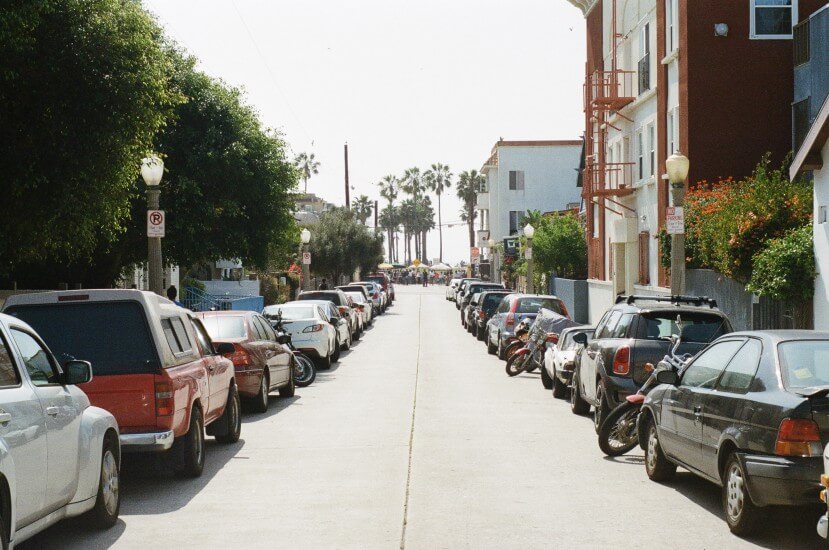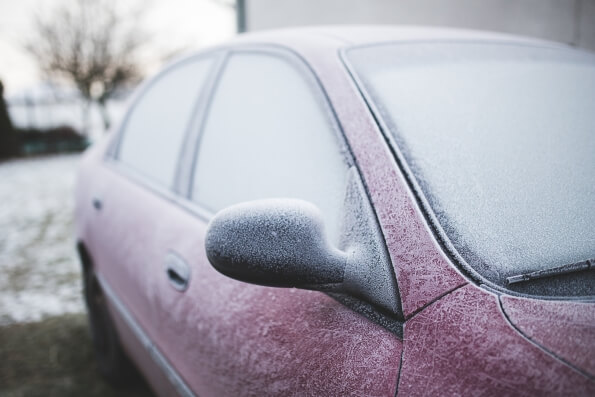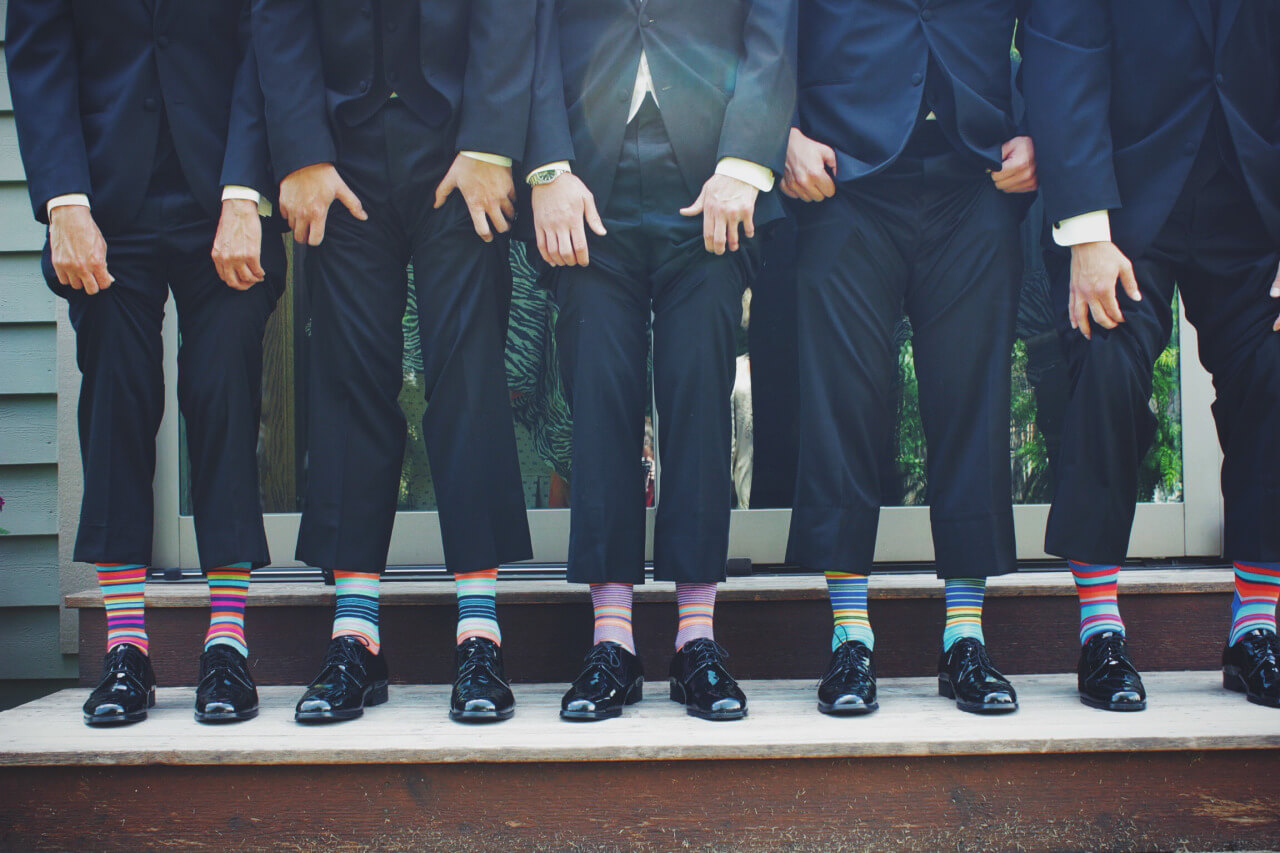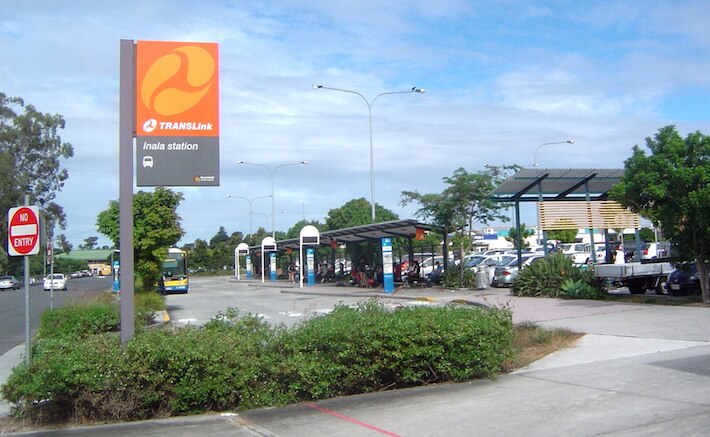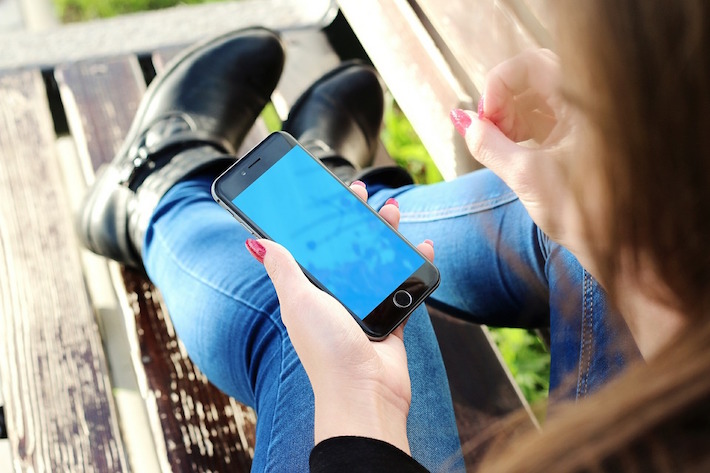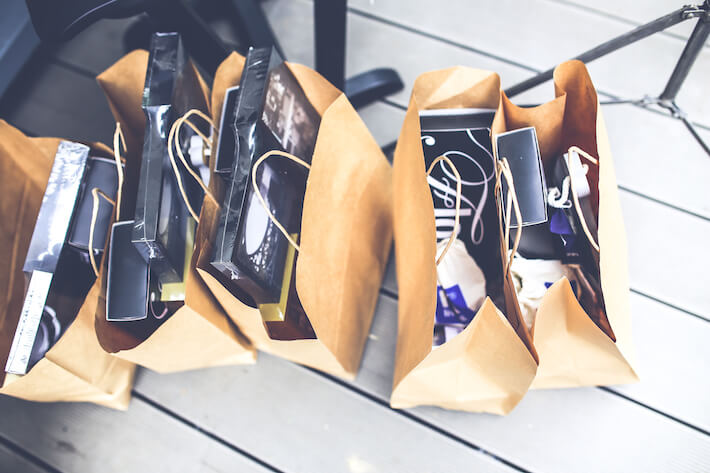Here’s why Australians get a free 2 year warranty on their Apple products
With the average Australian signing up for a 24 month phone contract, it is fairly reasonable to expect that their phone will be protected for the duration of that period. Luckily this is now true in Australia thanks to a decision by Aussie regulator, the Australian Competition and Consumer Commission (ACCC).
The determination by the ACCC signals and end to Apple's global 1 year consumer guarantee in Australia.
The simple truth behind the now free extended warranty is that customers are buying a product they should expect to last 2 years. Jo Ucukalo, consumer expert and CEO of Handle My Complaint explains that by signing a 24 month contact customers are committing to a single brand for 2 years. Brands ought to commit to their customers in return.
4 ways we’ve gotten out of car-related fines – part 1
This article is part 1 in our series on how to avoid unjust and unfair fines
Here at Two Hoots, we hate dodgy fines! So we've pulled together a series of tips for getting out of car-related fines in cases where we feel it was unjust or unfair to be fined.
4 ways we’ve gotten out of car-related fines – part 2
This article is part 2 in our series on how to avoid unjust and unfair fines
Do you feel like you understand the best way to appeal and avoid an unfair parking fine? If not, read on.
5 hidden fees in YOUR next rental car contract
Hiring a car? At Two Hoots we've heard of car rentals ballooning to as much 250% of the advertised price. Wow!
Watch out for these 5 common gotchas which can leave you with a shocking sky high bill.
5 things you can do to avoid getting tricked by fake online reviews
Fake online reviews have become such a menace that the UK Government has launched an investigating into online review sites to check if the information posted is 'genuine, relevant and trustworthy'.
It's estimated that 81 percent of UK consumers read customer reviews or ratings and 47 percent read blogs to help make purchasing decision.
Businesses have wised up to the importance of online reviews and some – not all – encourage friends or hire strangers to write reviews about they're product without actually trying it. In fact, a study by Harvard Business School showed 16 percent of Yelp's restaurant reviews were fake.
We've compiled a list of five classic signs of fake reviews to help you make the best decision for your next purchase.
Get your defective iPhone 5 battery replaced for free
If you find your iPhone 5 runs out of juice too quickly, Apple has a fix. Well, maybe they have a fix.
Apple has admitted their iPhone 5 battery is faulty. Yay for Apple. And they have been replacing some batteries.
Unfortunately customers have complained to us that Apple won’t replace their iPhone 5 battery even though their phone doesn’t last a day.
According to Apple, the problem affects only a very small percentage of phones, which they claim can be identified from a phone’s serial number. We believe the problem is more widespread than only a few phones. As a result, customers are missing out on value for money.
The amazingly simple psychology behind door-to-door sales
This is part 2 in our series on fighting back against unsolicited salespeople.
Ever wondered why pesky salespeople keep going door-to-door, time after time, often only to have the door slammed in their face? You might imagine this as akin to banging your head against the wall.
The simple truth about door-to-door sales is that it can be highly effective given the right person and circumstances. Take Joe Ades, the man who made millions selling potato peelers on the street:
A Queensland bus crashes. You wont believe what Translink did next.
What does it take to get a refund on your bus fare? Not even a crash apparently.
On March 16th, a Brisbane City Council bus was involved in an accident on Logan Road heading towards Mt Gravatt at around 8 am. Janelle, the mother of one 12-year-old passenger rang Translink to ask for a fare adjustment for the $10 fare charged as passengers were hurried off the bus before they could end the trip.
5 common myths about charging your mobile phone battery
As iPhone 5 owners are scrambling to find a solution for their dying batteries, we started to wonder what's true and what's not true about mobile phones and their batteries.
Your phone's specs may say your phone gets hours and hours of talk time, but in reality the life of your battery never seems to live up to its expectations. Are you doing something right? Are you doing something wrong? You'll never know if you believe the myths we've listed below.
The top 5 ‘free’ things to avoid this winter
Who doesn't love a freebie? Whether it's a friend offering a slice of used-goods heaven or a garage-sale orphan looking for a happy home, second-hand goods are quite a tantalising offer for thrifty shoppers.
Free things may give you a lot more than you bargained for (and that's not always a good thing). If you're looking to save a little money, you'll do well to think twice before snagging these used or cheap products.
Here's our top 5 free things where the initial save can cost you more in the long run.


